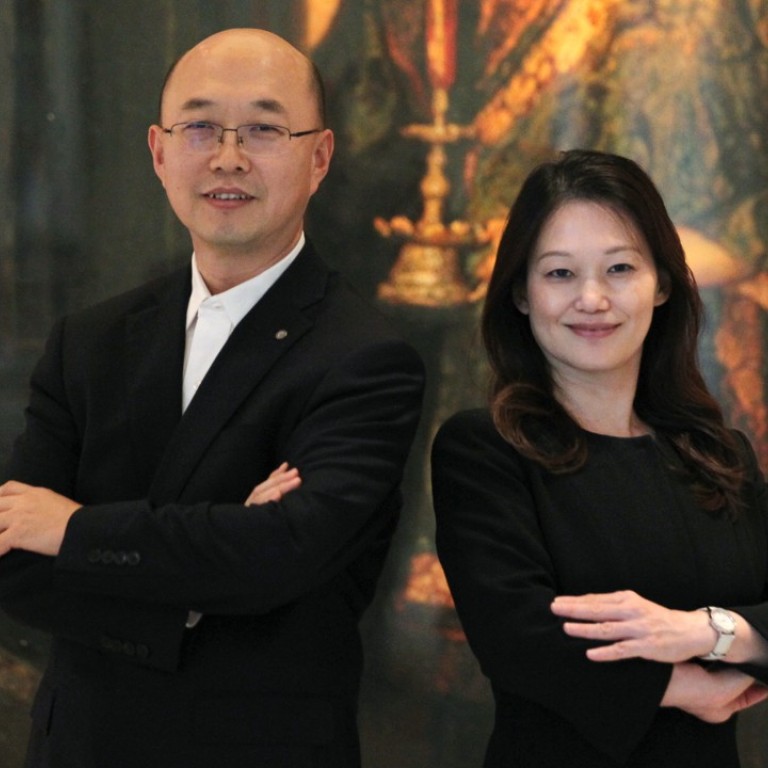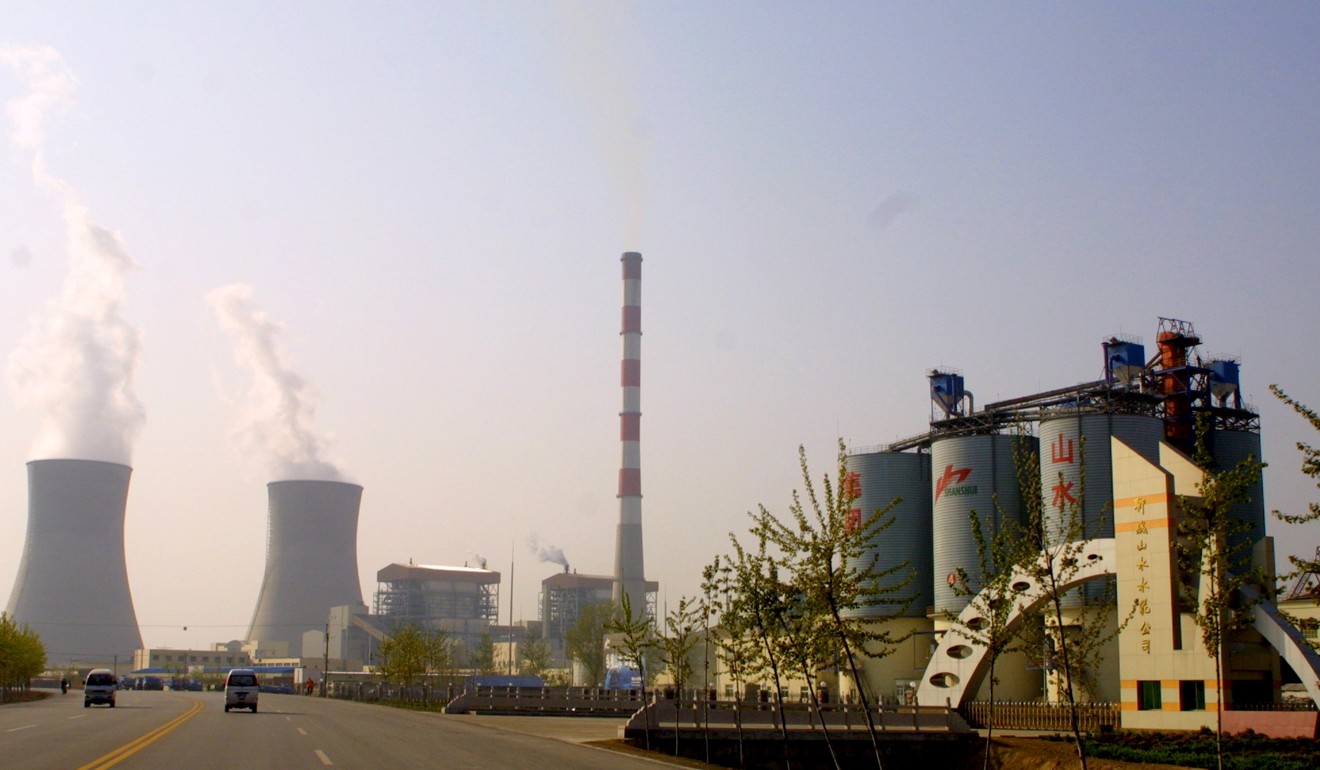
Embattled Shanshui Cement strives to set house in order as Hong Kong exchange’s delisting deadline looms
New auditor Moore Stephens CPA steps in to complete audits on financial statements for last year before Hong Kong stock exchange’s October 31 deadline after KPMG quits
The new board of the embattled China Shanshui Cement Group is racing against a tight deadline to prevent the company from being delisted after a botched hostile takeover attempt by a rival three years ago that led to a trading suspension.
But the odds are not in their favour. The auditor KPMG resigned last month, which means it will be extremely challenging for the new auditor, Moore Stephens CPA, to complete the 2017 audit, resolve prior years’ audit issues identified by KPMG, and for the board to find new investors to restore its public shareholding to at least 25 per cent – from 3.36 per cent – before the Hong Kong stock exchange’s October 31 deadline.
HKEX lays out proposals to accelerate delistings, curb share issuance abuses
Since the start of this month, the bourse has implemented new delisting rules that would make it easier to delist companies after 18 months of continuous suspension if they fail to meet conditions for trading to resume.
Chang Zhangli, the new chairman of China Shanshui – previously the nation’s seventh largest cement maker – has put on a brave face, saying the board will try its best to get the shares trading again.
“We have done a lot of work on improving the company’s governance on the board level, management level, as well as on information disclosure,” he said in an interview, adding that some 1.4 billion yuan (US$203.6 million) of debt has been repaid this year, reducing outstanding loans and bonds to 9.4 billion yuan as of July.

It has also raised US$210 million from a convertible bond sale this month to help cut debt further.
Asked if the company faces more headwinds because of the economic slowdown, he said: “The industry is in pretty good shape, cement prices have been maintained at a relative high level, and our operating profit has been quite good.”
The mainland’s fixed-assets investment growth – the main driver of cement demand – was 6 per cent in the first half, 1.5 percentage points lower than that of the first three months of 2018.
China Shanshui posted an unaudited net profit of 715 million yuan for the year’s first half.
It reported unaudited net profit of 767.9 million yuan for last year, a net loss of 738.3 million yuan for 2016 and a net loss of 6.4 billion yuan for 2015.
Shanshui feud a major distraction from recovering cement sector opportunities
However, KPMG refused to give its opinion on the audited financial statements for 2015 and 2016, saying it could not find sufficient evidence to support the existence and accuracy of certain transactions and accounting entries.
China Shanshui’s troubles began in April 2015 when China Tianrui Group – parent of Hong Kong-listed China Tianrui Group Cement bought existing shares to raise its stake from 10.5 per cent to 28.2 per cent within 10 days and became its largest shareholder.
We have done a lot of work on improving the company’s governance on the board level, management level, as well as on information disclosure
Its shares plunged below the public float required level, which prompted the trading suspension.
Tianrui subsequently succeeded in removing former chairman and controlling shareholder Zhang Caikui – who was the trustee holding shares on behalf of over 2,500 Shanshui employees – as well as Chang.
But its attempt to sell shares to other investors at a price discount of 92 per cent – highly dilutive to existing shareholders’ stake – failed.
Chaos ensued, as multiple lawsuits were launched and violent incidents involving gangsters took place at the firm’s headquarters in Jinan, Shandong province, as a prolonged control fight erupted among shareholders over its key assets.
Doris Wu Ling-ling, company secretary of Taiwan’s Asia Cement – China Shanshui’s second largest shareholder – who was re-elected alongside Chang as executive director of China Shanshui three months ago, said Moore Stephens CPA’s aim is to complete the audit work for its 2017 financial statements by the end of next month and those for the first half of this year by November.
Jinan smoke bombs, pepper spray are flash points in Shanshui feud
She said restoring the public float is the toughest task, since new investors are unwilling to buy shares in a firm that may not resume trading unless they are offered at a huge discount, which would be difficult for existing shareholders to agree to.

